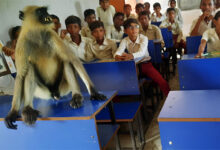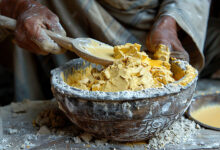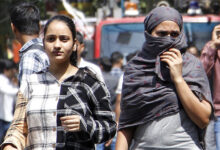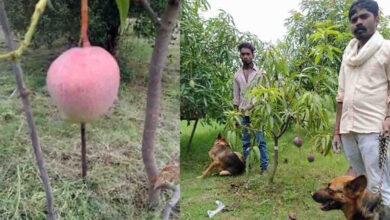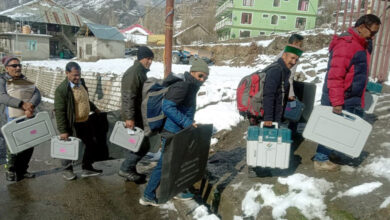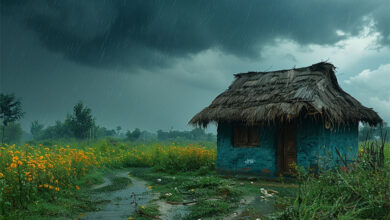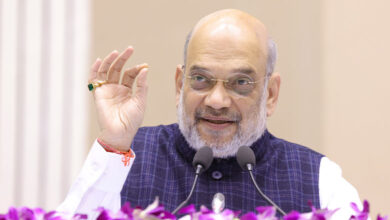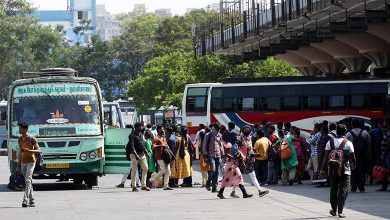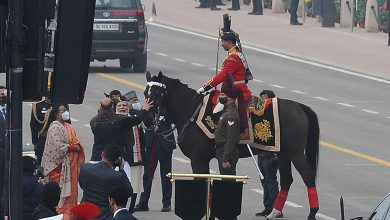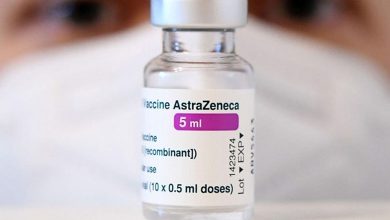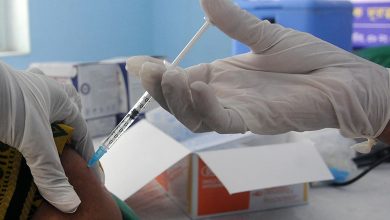‘Chase the Virus’, Philippines to follow Dharavi model
The high population density of Dharavi posed a huge challenge to the BMC and state health authorities to tackle the Corona spread.
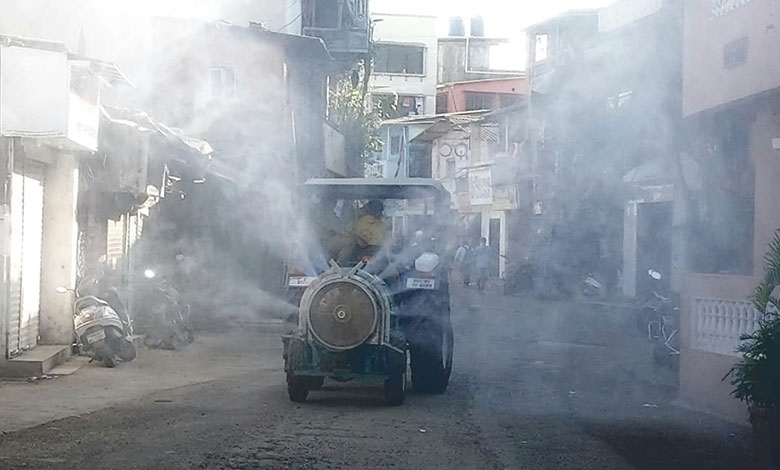
Mumbai : The BrihanMumbai Municipal Corporation’s ‘Chase the Virus’ strategy in Dharavi — Asia’s biggest slum — has found a new fan in the Philippines government.
as the Southeast Asia nation also grapples with the Covid-19 pandemic, a top official said here on Tuesday.
“The Philippines government will follow and implement the Dharavi Model for containing Covid in densely populated slums” an elated BMC Municipal Commissioner I.S. Chahal told IANS.
The BMC has already shared details of the ‘Chase the Virus’ policy with the Philippines’ Department of Health (DOH).
A news portal, Inquirer.net on Tuesday, has quoted the Philippines DOH which declared that it would follow the Dharavi-Mumbai campaign conceptualized by BMC’s Assistant Municipal Commissioner Kiran Dighavkar which earned all round praise.
The Philippines, with a population of around 10.1 crore crammed in an area of nearly 2.98 lakh sq.km, is slightly smaller than Maharashtra with 3.07 lakh sq. km area and a population close to 11.5 crore.
However, the archipelagic country currently ranks 22nd on the Corona Worldometer with 169,213 cases and 2,687 fatalities compared to Maharashtra’s 604,358 cases and 20,265 deaths.
Like Mumbai, around 30-lakh people live in congested slums in Manila, besides other cities in the Philippines.
The high population density of Dharavi posed a huge challenge to the BMC and state health authorities to tackle the Corona spread.
Civic officials said that the city succeeded in achieving what was earlier considered virtually a “mission impossible”, especially in Dharavi, earning the BMC and Maharashtra government a pat from the World Health Organisation in early July.
Chahal said that as a result of its strategy, there are only 17,704 ‘active cases’ in Mumbai, of which around 5,338 symptomatic patients are currently in hospitals.
The city – which last week came down to the second worst-hit city (after Pune district moved to the top slot) in terms of Covid cases – is witnessing an average of less than 1,000 new cases daily, the recovery rate is 80 percent, doubling rate of cases is 86 days, and infection rate is 0.8 percent – among the lowest anywhere.
The situation has eased to the extent that since late June, the BMC started moving out of Dharavi, and later shut down several small or medium quarantine facilities in the city.
Patients are now being referred to the jumbo facilities at NSCI, Mahalaxmi Race Court, Bandra Kurla Complex and in Dahisar and Mulund to ensure centralised care.
Amid apprehensions of patients unable to get beds, the current bed strength is 16,075 for complicated or serious cases, 23,437 for mild and asymptomatic patients besides 10,525 oxygen beds, 1,844 ICU beds and 1,096 ventilator beds.
Of these, nearly 14,548 are vacant, but ready for operationalisation whenever required, besides 330 vacant in ICUs, giving a very comfortable position, said Chahal.
Buoyed by the success of the ‘Chase the Virus’ game, the state government is now implementing it in Thane, Palghar, Raigad, Pune, Aurangabad, Solapur, Nashik, Jalgaon and other upcoming hotspots even as the Mumbai Corona crisis has practically been ‘chased’ away.

